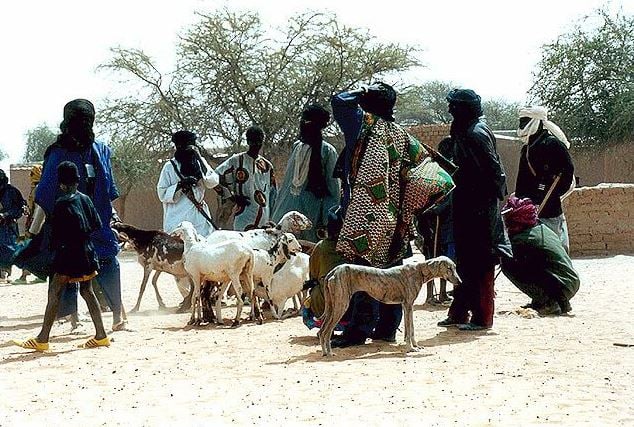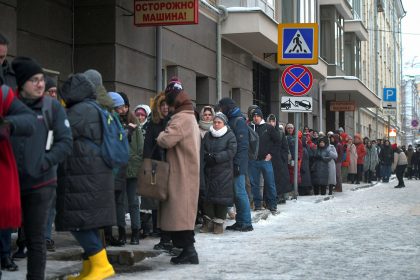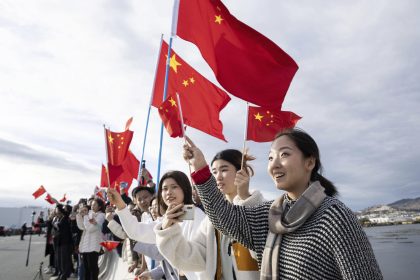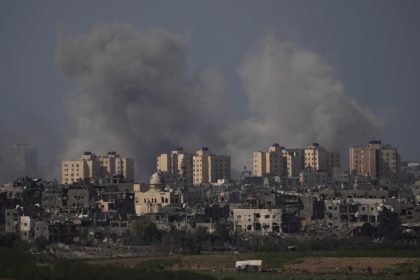America Pledges $80 Million in Aid for Sahel Crisis

At the Coalition for the Sahel Ministerial on Friday, Under Secretary of State for Political Affairs David Hale announced American commitments of more than $80 million for relief to the crisis in the central Sahel.
Of the $80 million in relief funds, $25 million came from the State Department’s Bureau of Population, Refugees, and Migration, and $55 million came from the U.S. Agency for International Development’s Bureau of Humanitarian Assistance.
The Sahel region of Africa, which spans Burkina Faso, Mali, and Niger, is suffering a humanitarian crisis that has been described as one of the world’s worst and fastest-growing catastrophes.
The crisis had already harmed nearly four million people by the end of February, according to United Nations Human Rights Council estimates. More than two million people were internally displaced and almost 900,000 people were seeking refuge or asylum by then, a stark increase in the rate of displacement.
“The number of people displaced in the central Sahel is now 11 times greater than it was two years ago. The number of people facing acute hunger has tripled over the past year,” said a U.S. State Department spokesman.
In his statement, Hale emphasized the need for good and democratic governance in Mali and for robust economic opportunity in the rural regions, also expressing praise for the transitional government’s commitment to long-needed governance, anti-corruption, and security reforms.
“As we work to alleviate suffering, we recommit to supporting our African partners in their work to address not just the suffering, but the drivers of conflict,” Hale said.
Those drivers are complex as the region is racked by poverty and a weak economy, and it is vulnerable to the ravages of climate change. The violence has intensified because of unstable food production, which has caused a vicious fight over natural resources.
Millions of people have been internally displaced due to the crisis, meaning that they have fled their homes but have not yet crossed the border. Others have spilled over the borders and into nearby countries, as violent groups have expanded. The conflict is affecting many countries including Burkina Faso, Chad, Mauritania, and Niger. Observers worry that it will continue to spill over into coastal countries like Benin, Côte d’Ivoire, Ghana, and Togo.
An explainer from the UNHRC, says that more than 40% of children are without birth registration due to the crisis, placing them at risk for statelessness, which carries a whole host of intractable, intergenerational problems.
And, Human Rights Watch has reported that almost none of the atrocities in Mali have been investigated since 2012. The worst massacre in recent memory in Mali, for example, which occurred exactly two years ago, in which 150 civilians in Ogossagou village were brutally murdered, has not yet been resolved, according to Human Rights Watch.























